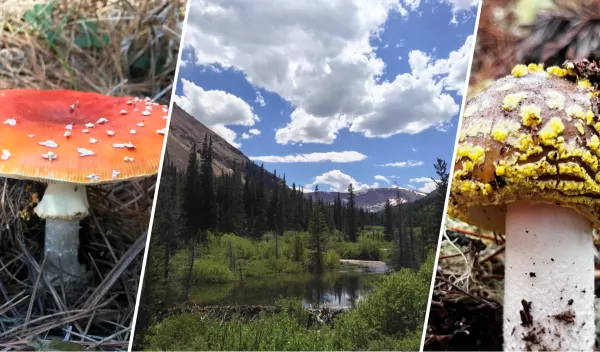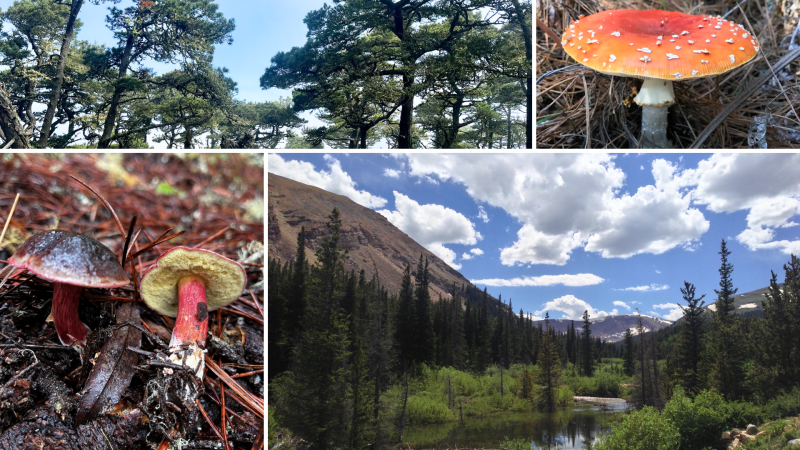
Climate change will make it harder to see the forest for the trees
Individual trees can't move to escape climate change, and new U.S. National Science Foundation-supported research shows that species will be limited in their ability to migrate via seed dispersal and other methods because of a lack of symbiotic fungi in more northern areas.
The research, which was both funded by NSF and makes use of data from the NSF National Ecological Observatory Network, found that 35% of partnerships between trees and symbiotic fungi that interact with the tree roots would be negatively impacted by climate change, with more of those negatively impacted at the northern edge of tree species' ranges. The impact would result from decreases in the amount of climatically suitable habitat that could support both the trees and the fungi. The researchers also found that observed lags in tree migration were connected to reduced diversity among these fungal partners at the edges of the range, presenting a challenge for the tree species facing climate change.
"Adaptation of an organism to climate change often is and will be complex and impacted by the interactions each organism has with others. In this case, some tree taxa cannot simply move to higher latitudes in response to warming because the fungi they need to thrive won't be there," said Matt Kane, a program director in NSF's Directorate for Biological Sciences. "Above ground tree shifts we can see will be limited by the lack of their microbial below ground partners that we can't see."

